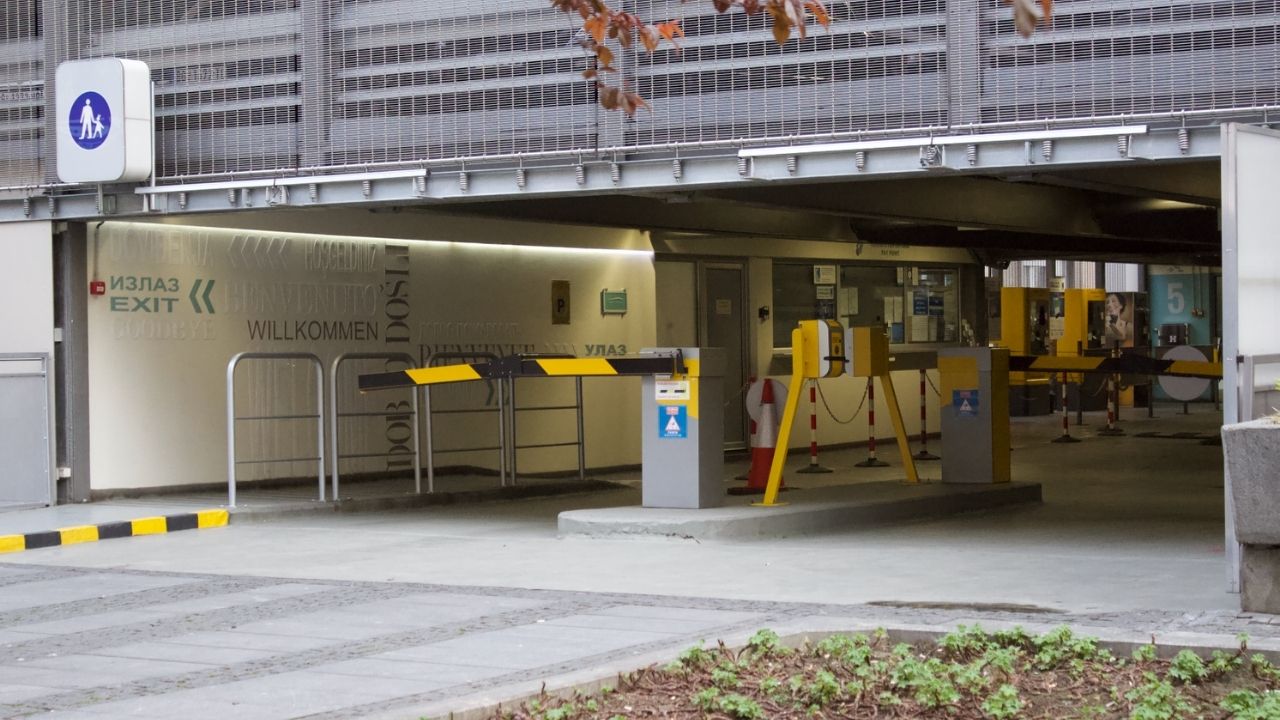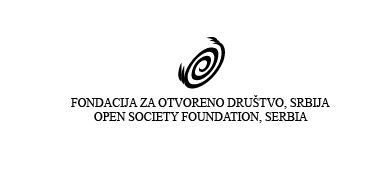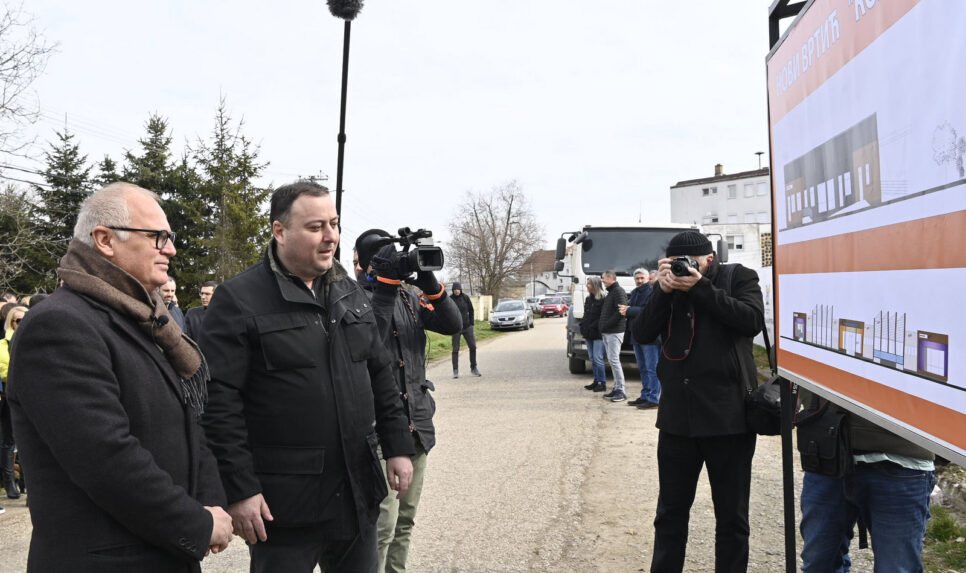The same people have been maintaining a parking garage with a surface area of close to 19,000 square meters, on Obilićev Venac street in downtown Belgrade, for the past few years. From 2017 to the end of 2020, Belgrade’s Parking Service paid 100 million dinars in total for the cleaning of office space and garages at more than 50 locations.
The job was given to the domestic office of French Atalian Global Services every year. The company director in Serbia is Dušan Radaković, the father of former MP and Democratic Party member Janko Radaković. The City Municipality of Zvezdara, the Faculty of Law and the Serbia and Montenegro Air Traffic Services Agency (SMATSA) are also among the clients.
For the cleaning job, the Parking Service did not conduct regular public procurement procedures, but rather so-called “green” ones, where goods, services or works that will cause less harm to the environment are procured. In this case, it is about products that have a certificate attesting that they are less damaging to the environment, but “green” procurement also entails energy-efficient lighting, more efficient refrigerators, electric vehicles, recycled stationery, and the like.
The old Law on Public Procurement, which was in force until July 2020, envisaged environmental protection as a principle, i.e. as an obligation all who organize procurement procedures must fulfill.
However, the Parking Service took things a step further and used the “green” criteria to reduce competition in an unpermitted way, the Center for Investigative Journalism of Serbia (CINS) has learned.
They clearly stated in the competition documents what manufacturers of cleaning products they were looking for, which is contrary to the Law, Miroslav Mijatović, chairman of the Podrinje Anti-Corruption Team, explains. He says that the Law clearly says that stating the trademark, patent or type, particular origin or manufacture is prohibited.
Lawyer Nebojša Bogdanović clarifies that, even if the contracting authority does state one of those items, they must also leave room for similar, “appropriate” products. Otherwise, competition can be eliminated in that way.
Jasminka Ranđelović of the Safer Chemicals Alternative (ALHem), an organization that has, among other things, published six guidebooks on the proper realization of these procurement procedures, believes that this is discrimination or narrowing of competition.
“When they put a brand like that, it is very restrictive for all who might have products that meet the green criteria. That is my opinion. (…) Another reason for that might be ignorance.”
The Parking Service allows bidders to send the name of a product not on the list, so as to check “conformity with the required standard.” However, that does not replace the legal obligation of adding the phrase “or appropriate products” to the call, CINS’ interlocutors say.
“We put together a guidebook which lists the environmental criteria for a cleaning product, for example that it is not classified as hazardous,” Ranđelović explains and adds that the contracting authority should have said what criteria, i.e. what properties and impact on the environment and human health cleaning products should have, rather than stating the name of a brand. In that way, all the products that meet the technical requirements could be competitive.
Neither Atalian Global Services nor the Parking Service answered CINS’ questions.
Nonetheless, there were not many “green” procurement procedures – albeit mandatory, the principle of environmental protection was seldom applied.
There were almost no “green” procurement procedures, ALHem’s Jasminka Ranđelović explains.
Ranđelović adds that their exact number ought to be in the annual reports of the Public Procurement Office (which formally manages the public procurement system). However, there is no such thing in the last report, for 2019, because not even the Office knows the number.
“The legislation regulating public procurement does not define the term ‘green procurement’ as a separate type of public procurement procedure, but rather as an element of criteria for awarding a contract, i.e. as a way for contracting authorities to procure goods, services or works with a reduced environmental impact during their life cycle. Accordingly, the Office does not have data on the number of public procurement procedures in which the contracting authorities envisaged the aforementioned criteria,” the Office says in its reply to CINS.

Instead, in late 2019* the Law on Public Procurement was changed in such a way that it no longer included environmental protection as an obligation.
The Public Procurement Portal, launched when the new Law came into effect, does not offer the option of specifically browsing such procurement procedures either.
Vukašin Vojinović of the Serbian Chamber of Commerce believes that some kind of measuring instrument or filter of environmental components is needed in the browsing of awarded contracts on the Portal, so that we know how many “green” procurement procedures have been carried out. As far as the Chamber knows, work is already being done for that purpose.
Vojinović adds that the big task of raising awareness lies ahead, so that such procurement procedures are implemented, on two planes: on a micro level, where businesses will increase their offer, and on a macro level, where there needs to be an example of good practice and a U-turn by a ministry, a local self-government unit and a big public enterprise.
Jasminka Ranđelović thinks that the new law, aligned with European Union directives, leaves quite enough room for conducting “green” procurement procedures, but also that it is still more of a matter of political will. The government has to promote these procedures and better educate the services that carry out procurement, she explains, because they do not know enough about this nor is anyone forcing them to learn.
“It is a voluntary mechanism, ‘green’ procurement is a voluntary mechanism in the EU, too. There are countries where it is legally binding, for example Slovenia, which has regulated it by a Government decree.”
The government should enact a strategic document called the National Action Plan for Sustainable Public Procurement, adds Ranđelović, in which it makes a list of priorities – determines where environmental criteria need to be applied in procurement of particular goods or services (e.g. paper, vehicles, cleaning products, furniture), as well as a multi-year plan whose implementation will be monitored.
In late 2019, together with 20 other civil society organizations, ALHem submitted an initiative to the Ministry of Environmental Protection and the Public Procurement Office (Administration at the time) to adopt that plan.
“By adopting and implementing ‘green’ public procurement, the government shows responsibility and commitment as regards the principle of sustainable development and contributes to the development of a green economy,” reads the initiative.

Jasminka Ranđelović of ALHem; Photo: private archive
A professor at the Faculty of Physics, Vladimir Đurđević, says that if “green” procurement was actually carried out, the effect on the environment would be visible. Although they are currently the more expensive option, such environmentally cleaner solutions are probably more profitable in the long term:
“Usually those calculations of what is expensive and what is cheap do not include external costs, like for example with air pollution – excessive pollution later incurs the costs of providing medical treatment to people, sick leave, etc.”
*Note: The text was subsequently amended due to an unintentional error. A previous version of the text states that the Law was changed at the end of 2020, and it was changed at the end of year 2019.
The making of this story was supported by the Open Society Foundation, Serbia. The sole responsibility for the content of the story lies with CINS and does not necessarily reflect the views of the OSF, Serbia.






What do you think